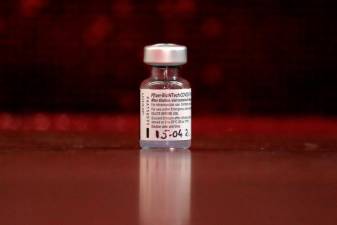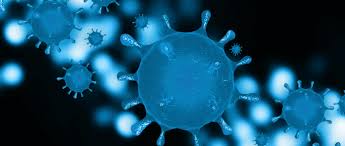Health
[Summary] Why the RT-PCR test sometimes fails
Title: Why the reliable RT-PCR test sometimes fails to detect coronavirus in symptomatic patients?
SUMMARY

Experts have long emphasized the need to test people widely, and that even people who are presenting with severe acute respiratory illness or influenza-like illness should be tested for Covid-19 since their symptoms are similar.
Even though the RT-PCR test is a good test, there could have been problems with how the swab was taken, whether it went deep enough to take the sample, or if perhaps the person took the test too late and the virus was no longer in the upper respiratory region but inflammation had settled in inside the lungs. All of this can result in a negative RT-PCR test.
Mostly junior doctors who meet Covid-19 patients when they first come to a hospital
When a person comes with fever and shortness of breath, as a senior resident I know it can be a number of things – it could be Covid-19, heart attack, dengue, scrub typhus, chikungunya, even acid reflux. So clinical judgment here is very important, to be able to tell the difference. But since there are mostly junior doctors on the frontline, and the system is overloaded, administrators have insisted on lab parameters like RT-PCR test results in order to be admitted.

False negatives
A “false negative” in diagnostics parlance is when a person actually does have a particular disease but the diagnostic test for it fails to detect that disease.
This can happen if the technology used in the test is not accurate, or not specific or sensitive enough to pick up that disease.
It can also happen because the technician performing the test did not conduct it properly, or the reagents used are of poor quality. Sometimes even if the technology is fine and the sample was taken correctly, the sample could have been transported under inappropriate conditions to a lab.

A negative test result does not guarantee that the person will not go on to develop Covid-19 in the remaining days of the incubation period. False negatives could be due to “poor sampling or processing”, adding that when health systems are stressed, the chances of human error may understandably increase…

Among the many resources that the World Health Organization has shared on testing for Covid-19, there is no specific guidance on when to get tested.
Indian practitioners also reveal: RT-PCR tests are typically “highly accurate” but “lower viral loads may increase the likelihood of false-negative results”.
(source) This article first appeared on IndiaSpend, a data-driven and public-interest journalism non-profit. (1 May 2021)
